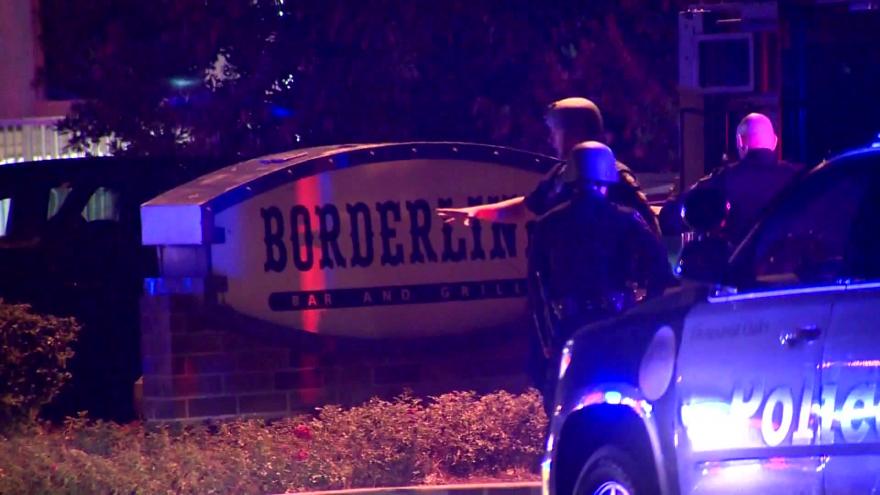The casualties from both Pennsylvania’s Tree of Life Synagogue massacre just two weeks ago and Wednesday night’s shooting spree at Thousand Oaks’ Borderline Bar & Grill has reached an astounding 23 deaths. Pittsburgh’s synagogue shooting was just the first shock wave, and news of California’s Nov. 7 shooting has only intensified our nation’s pain in mourning the mindless loss of life. To add to these tragedies, the death toll from this week’s LA County wildfires continues to rise as firefighters tirelessly combat the raging flames consuming entire communities.
These events challenge every American—regardless of ethnicity, religion or political affiliation—to assess their own reactions to the continual stream of mass violence.
Perhaps there is no singular piece of legislation that can deter shootings, an obvious political “fix” to the problem of the human condition or an easy method to prevent wildfires. Yet, several essential Biblical truths guide our response during these confusing times of violent crime and natural disaster.
A CALL TO EMPATHY
The devastation incurred by both the shootings and the recent fires often seems distant or removed from our own personal realities, but empathy challenges us to share the burden of our neighbors’ suffering in order to understand and meet their needs. Paul lists empathy as a foundational trait of the Christian community in Romans 12:15. His command to “Rejoice with those who rejoice; mourn with those who mourn” succinctly defines empathy as a vital act of shared emotional response in every circumstance. This is such a unique opportunity for the church to collectively reflect God’s loving character to victims through financial assistance, meals and prayer.
LOVE PROCEEDS THE “CORRECT” ANSWER
In a fallen world, tragedy defies cognitive reasoning and leaves us reeling in darkness, powerlessly searching for a “why” answer. C.S. Lewis addresses the tension between human sorrow and God’s sovereignty in his book “The Problem of Pain,” where he attributes God’s love as the ultimate answer to devastation: “When pain is to be born, a little courage helps more than much knowledge, a little human sympathy more than much courage, and the least tincture of the love of God more than all.”
Our response to pain must start with God’s love instead of futile attempts at explaining why he would allow such sorrow to occur in the first place. Job’s friends draw a stark contrast to Paul’s call to compassion: they echo untimely, theoretical truths in a context of pain and in Job 42:8 they receive punishment for not truthfully representing God’s benevolent character. If we misrepresent God in our attempts to explain away suffering, we build relational enmity and invite divine judgement.
Our hurting neighbors will not feel loved through our long Facebook posts explaining the sinful nature of man, or through our feeble attempts at making sense of God’s will in times of intense trial. Loving our hurting neighbors will happen through prayer, asking questions to accurately meet their emotional and physical needs and creating a context for them to feel validated in sharing their griefs and frustrations, especially when those frustrations are aimed at God.
INFORMATIVE AND EQUIPPED, NOT OBLIVIOUS AND HOPELESS
In order to fulfill our call to magnify the power of God’s healing nature, we must be aware of the people who need healing. Christians can promote renewal by entering the messy rawness of a broken world. So read the headlines, though the words break your heart. Pray for those affected by violence instead of retreating in numb despair or stubborn denial. Educate yourself on the facts so you can come alongside others in Christ-centered, active love.
Perhaps there is no one way to respond to shootings because their brutality seems unfathomably purposeless. Perhaps there is no one way to bind up the emotional wounds these crimes bring. Yet perhaps Christians are called to mourn with those who mourn, and vulnerably live as informed and responsible citizens of a hurting country.







